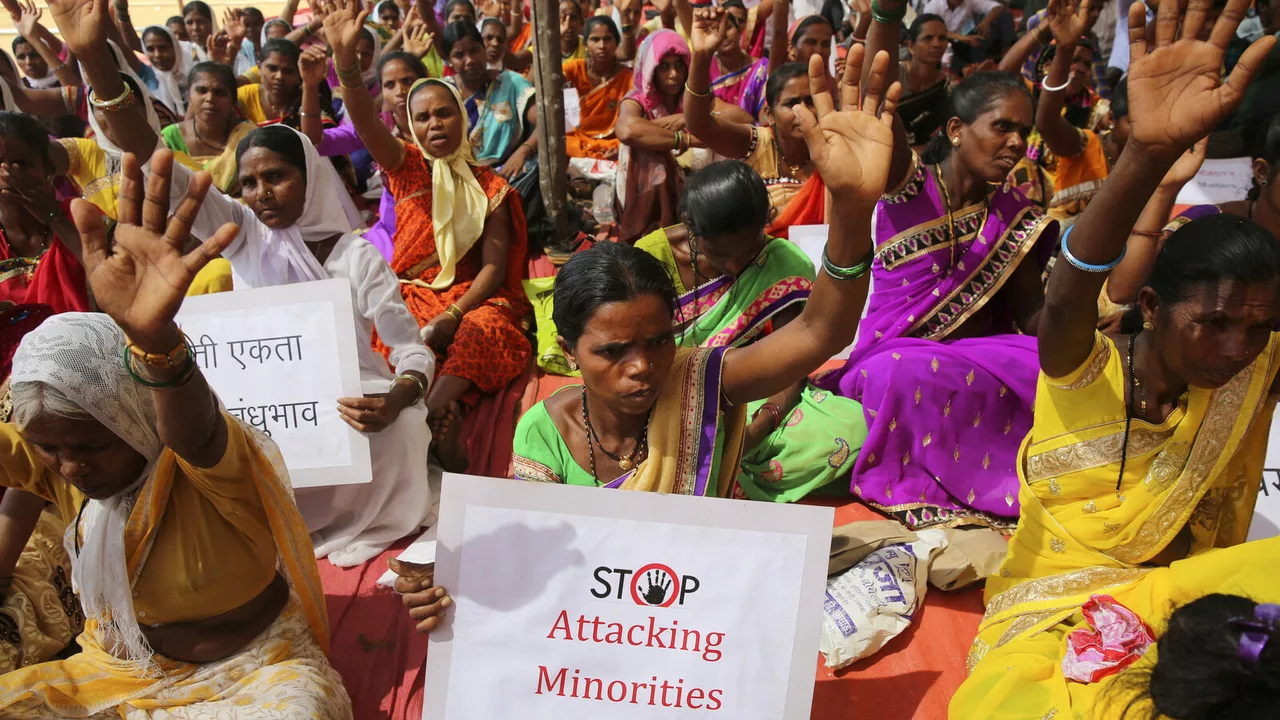Relocation decision: practical steps to choose when and where to move
Thinking about a move feels exciting and scary at the same time. You probably have jobs, family, costs, visas and emotions all jostling for attention. This page gives clear, no-nonsense steps you can use right away to decide whether to relocate, where to go, and how to plan the first few months.
Start by writing one sentence that states your main reason for moving. Is it work, study, safety, relationships, or a fresh start? That sentence becomes your decision filter. Every option you consider should either support that goal or be dismissed fast.
Key questions to ask before you decide
Answer these clearly — they separate wishful thinking from real options. How much will you earn vs. how much you’ll spend (rent, taxes, transport)? What visa or paperwork do you need and how long will it take? Can you find work before you go or do you need savings for several months? How will your family adapt — schools, partner’s job, language? Where will you get medical care and what are the costs? Think short-term (first 3 months) and medium-term (first 2 years).
Check sources you trust: official government pages for visas, job sites for salary ranges, local community groups for housing tips. Don’t rely on single stories or social media hype. Look for a few consistent data points and use them to build a realistic budget and timeline.
Practical checklist for the first 90 days
Make a short, specific checklist you can actually finish. Example items: secure housing for first month with a deposit, open a local bank account, register for healthcare or insurance, apply for a tax ID if needed, join a local community group or expat forum, set up a simple emergency budget. Prioritize tasks that affect your legal status and ability to get paid.
Plan for at least three safety nets: money equal to 3–6 months of living costs, at least one person who can help you back home, and a clear exit option if things don’t work out. Many moves feel fine on paper but hit friction when living realities arrive—having options reduces stress fast.
Finally, be honest about emotional readiness. Moving changes routines and friendships. Will you be able to build a support circle? Can you manage loneliness or culture shock? If the practical checks pass but you still feel unsure, try a short trial stay or a remote work stint in the new place before committing long-term.
If you want, use the posts under this tag for real-life perspectives: life in London, pros and cons of moving to the UK, personal stories about loving another country, and local tips for finding services. Use those stories to test assumptions, not to make the decision for you.
Make one plan, set a date, and give yourself checkpoints. A good relocation decision is a mix of clear facts and honest feelings. Do both and you’ll pick a move you can live with — and enjoy.
Deciding whether to stay in the USA or move back to India is a tough choice that involves considering various factors. It's essential to weigh the quality of life, job opportunities, cultural differences, and personal preferences. We need to look at the pros and cons of living in both countries, including the cost of living, healthcare, education, and social life. Emotional ties to family and friends in India, and the longing for our native culture and traditions also play a huge role. Ultimately, it's a personal decision that should be guided by what will add more value and happiness to our lives.
View More




